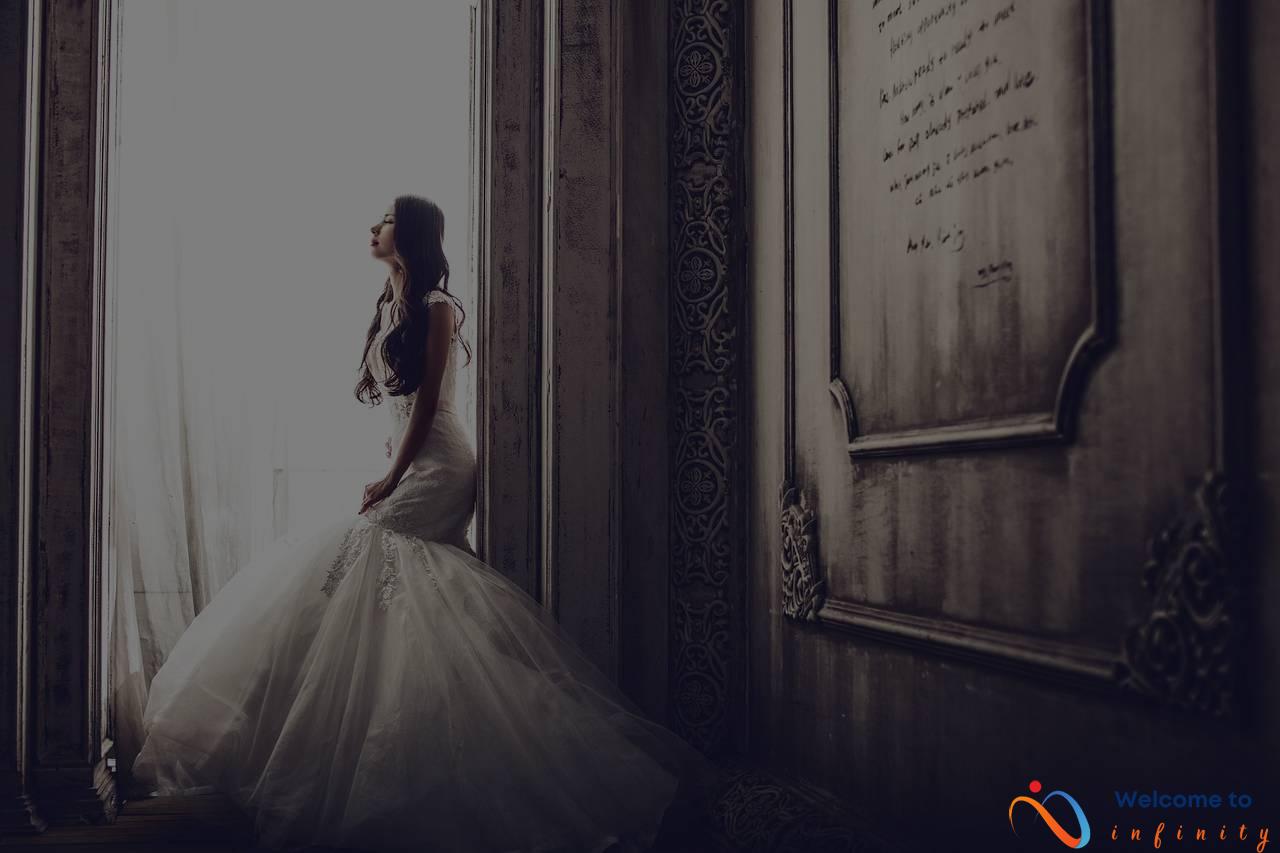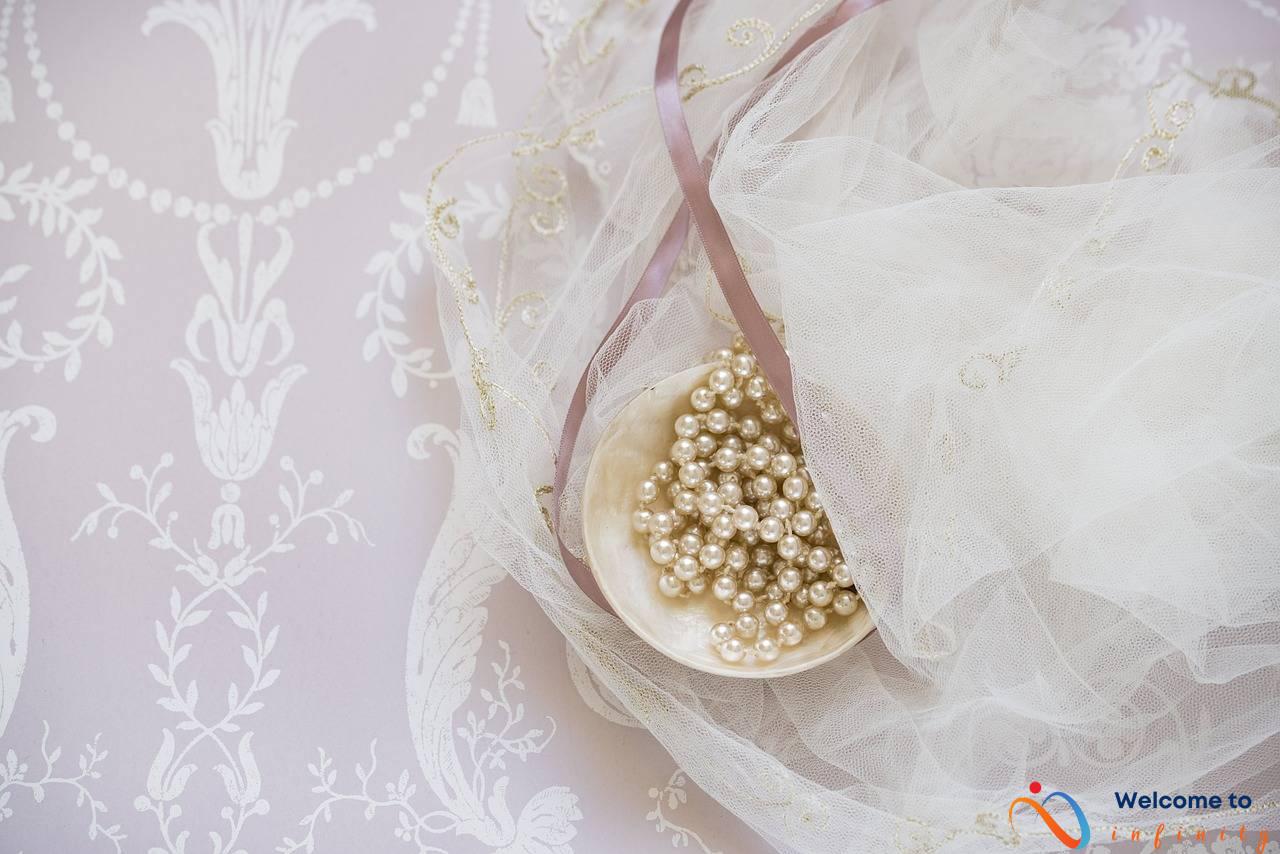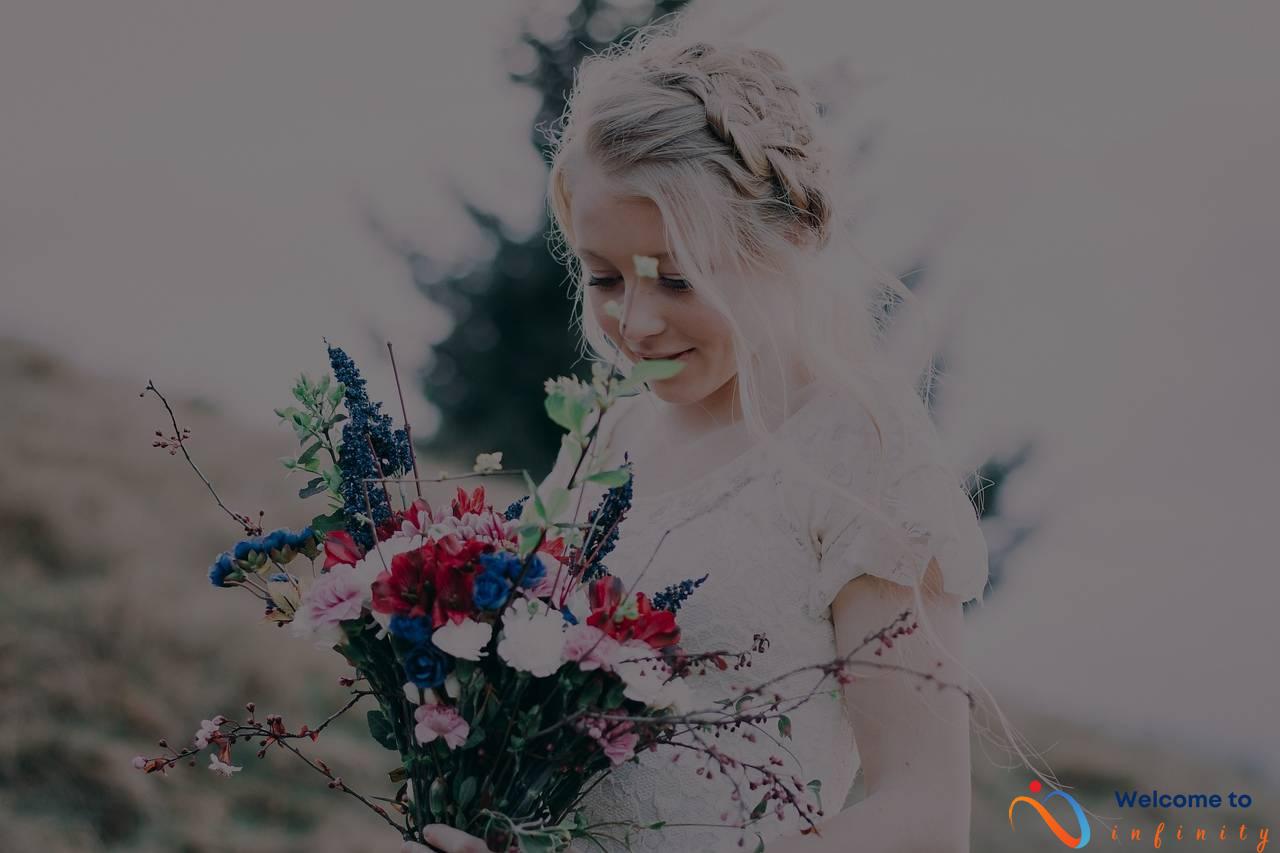Your wedding day is one of the most important days of your life. It's a day filled with excitement, love, and joy. One of the most important parts of your wedding day is when you and your partner exchange vows. Writing personalized wedding vows is a wonderful way to truly represent your love language. Your vows will hold a special place in your heart for many years to come.
The first step to writing wedding vows that truly represent your love language is to understand what your love language is. The concept of love languages is all about how we give and receive love. It's important to include your love language in your wedding vows because it helps to express your love in a way that is meaningful to you and your partner.
Incorporating personal stories and shared experiences in your wedding vows is another great way to capture the essence of your unique love language. This will showcase the journey you and your partner have taken together and the moments that have brought you closer. Using anecdotes and memories will help to make your vows more authentic and heartfelt.
- Choose personal stories that are meaningful to both of you.
- Recall shared experiences that highlight your love language.
- Add humor to help lighten the mood and bring joy to your vows.
Additionally, you can incorporate meaningful quotes or references that hold significance to you and your partner throughout your vows. This will add a touch of personality and depth to your vows.
When writing your wedding vows, it's important to write with authenticity and vulnerability. Embracing vulnerability and finding your authentic voice will help you to write vows that truly represent your love language. Your vows should be a reflection of who you are as a couple and the love you share.
Lastly, it's important to collaborate with your partner. Working together will ensure that your wedding vows capture both of your unique love languages. Practice and polish your vows to ensure that they are delivered confidently and from the heart on your big day.
Understanding Your Love Language
Before writing your wedding vows, it is important to understand the concept of love languages. Love languages refer to the different ways people express and interpret love. This concept was introduced by Dr. Gary Chapman in his book, “The Five Love Languages: How to Express Heartfelt Commitment to Your Mate.”
The five love languages are words of affirmation, quality time, acts of service, physical touch, and receiving gifts. Each person has a unique love language that they prefer to receive love in and it is important to include this in your wedding vows. By including your love language in your wedding vows, you are telling your partner that you truly understand them and are committed to expressing love in a way that speaks to them.
When writing your wedding vows, take some time to think about your partner's love language and how you can incorporate it into your vows. For example, if your partner's love language is acts of service, you can mention how you will always support and help them in any way possible. If their love language is quality time, you can mention how you look forward to spending the rest of your life creating memories and building a life together.
By incorporating your love language in your wedding vows, you are showing your partner that you truly understand and love them for who they are. This not only makes your vows more meaningful, but it also sets a strong foundation for your marriage. Understanding and expressing love in the way that your partner receives it is crucial for a happy and healthy marriage.
Incorporating Personal Stories and Shared Experiences
When it comes to writing your wedding vows, it's important to showcase your unique love language through personal stories and shared experiences. Your love language is the way you express and receive love, and incorporating it into your vows can make them even more heartfelt and meaningful.
One tip for incorporating personal stories is to think back on your relationship and recall a special moment or memory that highlights your love language. For example, if your love language is gifts, you can share a story about a meaningful gift you received from your partner and how it made you feel loved.
Another way to showcase your love language is through shared experiences. Think about a time when you and your partner felt most connected and in tune with each other. This could be a special trip or moment that highlights your love language. For example, if your love language is quality time, you can share a memory of a special date night where you both felt completely present and in love.
Incorporating personal anecdotes and shared experiences not only showcases your love language but also adds a personal touch to your vows. It allows your guests to get a glimpse into your relationship and the love you share. Don't be afraid to get vulnerable and share intimate moments with your partner.
When writing your vows, consider creating a list of moments and experiences that highlight your love language. This can help you brainstorm and organize your thoughts. Remember to keep it authentic and true to your relationship. Your wedding day is a celebration of your love, and your vows should reflect that.
Using Meaningful Quotes and References
When it comes to writing wedding vows, incorporating meaningful quotes or references can add a deeper level of depth and emotion to your words. These can be quotes or references from literature, movies, or songs that hold personal significance to you and your partner.
Consider adding quotes or references that reflect your shared values, beliefs, or experiences. For instance, if you and your partner bond over a particular movie, you could include a quote from it that resonates with your relationship. You could also reference a book that served as a meaningful backdrop to your first date or a song that you both love listening to.
When incorporating quotes or references, it's essential to ensure that they fit seamlessly into your vow's overall structure and tone. Keep in mind that they should add to your vow's meaning, rather than detract from it. If you're unsure about whether a quote or reference fits well with your vows, you can always ask for feedback from your partner or a close friend.
Finally, it's essential to note that if you plan to use a quote or reference that's not widely known, it's always best to provide some context around it. This could be a brief background on the book, movie, or song that you're referencing or a personal story that gives it special significance.
With thoughtful consideration and planning, incorporating meaningful quotes and references into your wedding vows can take them to a new level of personalization and emotion.
Writing with Authenticity and Vulnerability
When it comes to writing your wedding vows, it's important to embrace authenticity and vulnerability. After all, your vows are a declaration of your love and commitment to your partner. Don't be afraid to get personal and share intimate details about your relationship. This is your chance to express your deepest feelings and emotions.
To get started, take some time to reflect on your relationship and your feelings for your partner. Think about what makes your relationship unique and special. What drew you to your partner? What qualities do you admire in them? What challenges have you overcome together?
As you begin to write, don't worry too much about grammar or structure. Instead, focus on capturing the essence of your relationship and your love for your partner. Write from the heart and let your emotions guide you.
One helpful tip is to include specific examples of your love for your partner. This could be a particular moment or experience that you shared together, or it could be a quality or trait that you admire in them. By including these personal details, you'll create a more meaningful and authentic connection with your partner and your audience.
It's also important to be vulnerable in your vows. This means sharing your fears, insecurities, and weaknesses. By opening up to your partner in this way, you'll create a deeper level of emotional intimacy and trust.
Remember, your wedding vows are a celebration of your love and commitment to your partner. By embracing authenticity and vulnerability in your writing, you'll create a truly heartfelt and memorable tribute to your relationship.
Collaborating with Your Partner
Writing your wedding vows together is a beautiful way to ensure that both of your unique love languages are captured. Discuss with your partner what you both want to convey in your vows. Do you want to share funny anecdotes, express your gratitude, or share your hopes for the future together? Once you have an idea about what you both want to say, start brainstorming ways to incorporate it into your vows.
Consider writing your vows separately and then coming together to discuss them. This will allow you to see what ideas you both want to include and also share any surprises that you may want to keep from each other. Make sure to give each other constructive feedback and work together to polish your vows to perfection.
Another way to collaborate with your partner is to come up with a theme or literary device that you can both include in your vows. This could be anything from using travel references to expressing your love as a metaphor. Whatever you choose, make sure it resonates with both of you and captures your unique love language.
If you and your partner have different cultural backgrounds, consider incorporating traditions or rituals from each of them into your vows. This will allow you to celebrate your differences and integrate them into your vows in a way that is meaningful to both of you.
Lastly, remember that the most important thing about your wedding vows is that they are genuine and authentic to you and your partner. Collaboration with your partner can help you capture both of your unique love languages, but ultimately, it is your love story that should be the focus of your vows.
Practicing for the Big Day
Writing your wedding vows is a major milestone. You've explored your love language, shared personal stories, and found your authentic voice. However, the most important part of writing your vows is practicing and polishing them for the big day. This will help you deliver them with confidence and authenticity.
First and foremost, it's important to take the time to practice your vows aloud. This will help you become comfortable with the words and phrasing, and ensure a smooth delivery. Practicing will also allow you to refine and perfect your vows, identifying any areas that may need to be revised.
You may want to practice in front of a mirror, or even record yourself to hear how your vows sound out loud. This will help you assess your pace, tone, and overall delivery. You can also ask a trusted friend or family member to listen and give feedback on your vows.
In addition to practicing your vows, it's important to be prepared for the actual delivery on your wedding day. Make sure to bring a clean, handwritten copy of your vows with you. This will ensure that you have a backup copy, just in case.
It's also a good idea to take some time for yourself before the ceremony. This will allow you to collect your thoughts and focus on the moment. Some couples find it helpful to recite their vows to themselves before the ceremony. This can help calm nerves and ensure a heartfelt delivery.
Ultimately, the most important thing is to remember that your wedding vows are a celebration of your love and commitment to each other. Practice and preparation will help you deliver them confidently and authentically, but the true power of your vows lies in the love and emotion behind them.











